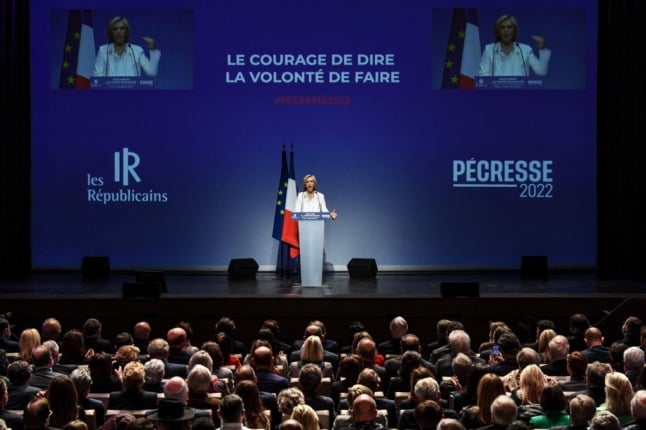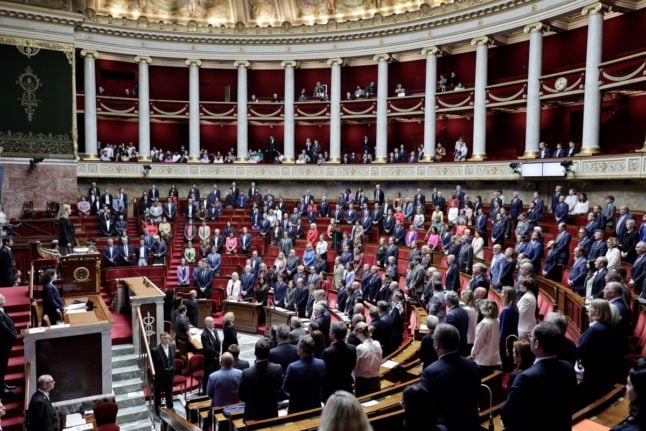Valerie Pecresse, a former chief of the Paris region, was elected as The Republicans’ first female presidential candidate on December 4th to challenge President Emmanuel Macron in April 2022.
The 54-year-old slammed Macron’s record and said she aimed to “renew France in five years and make it Europe’s foremost power in 10 years’ time”, pledging to be a “war leader each time France is threatened”.
Pecresse said she would “stop uncontrolled immigration, break the ghettoes and restore security” in France, which has suffered several terrorist attacks in recent years partly perpetrated by French citizens from ethnic minorities.
She also set a hard stance against “statue topplers” and the “public prosecutors of our past” after racial justice protests inspired by the Black Lives Matter movement targeted memorials connected with France’s colonial history.
But Pecresse attacked far-right presidential candidates Marine Le Pen and Eric Zemmour, referring to “extremism that feeds off our problems without wanting or being able to resolve them”.
READ ALSO: Zemmour rally near Paris marred as anti-racism activists attacked during protest
“A few weeks ago, they said we were buried, divided, lost. But we’re back, in battle order, for victory,” she added.
“My programme is radical because the situation demands it.”
Pecresse also pledged to loosen French labour laws, raise the retirement age to 65 and ease inheritance tax.
READ MORE:



 Please whitelist us to continue reading.
Please whitelist us to continue reading.
So, a longer working week and a shorter retirement . I suppose that’s because she doesn’t want any more immigrant workers. Maybe she needs to re-think some of these policies.
“Think”? That’s a very subjective word. The only thing she is thinking about is wearing that sash.😁
Maybe. But as a woman at least she won’t think she’s Napoleon
I used not to like soap operas but the French Presedetial election is turning into a superb soap.